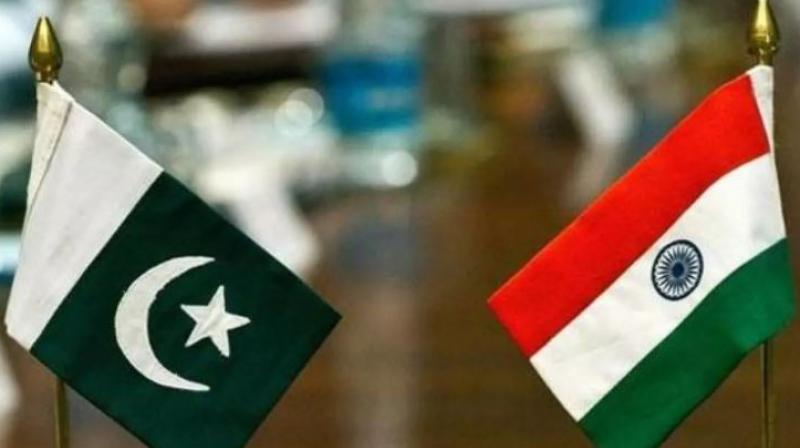India, Pak must avoid any further escalation

In the final analysis, war and peace are in the hands of the political leaderships of nations, while military action and campaigns are conducted by soldiers. As a nation we may do well to keep this perspective in mind as the Pakistan Air Force counter-attacked on Wednesday after the Indian air strike at Balakot early Tuesday morning, and an Indian pilot went “missing in action”, with Pakistan claiming he was in its custody.
Pakistan’s incursion into Indian airspace was the first step on the ladder of escalation. While India carefully chose a target that was the training centre of the Pakistan-based terrorist outfit that attacked the CRPF at Pulwama on February 14, avoided hitting military targets, and scrupulously avoided causing harm to civilians, Pakistan sought to target Indian “military installations” in the Rajouri-Poonch area of Jammu and there was an “aerial engagement”, to quote from the external affairs ministry’s statement issued later in the day.
It is easy enough for India to climb the escalatory spiral and for India to broaden the scope of conflict, banking on the fact that the world, in general, is fed up with Pakistan’s sustenance of terrorist outfits on its soil which are used as instruments of policy. In fact, this appears to be the real cause of instability in the region — as both India and Pakistan can testify. However, should all-out war be resorted to in order to deal with terrorism?
Or is there a more effective way — a combination of the use of military power (as we did in Balakot) and forcing Pakistan to the discussion table, which the world would like to see since India and Pakistan are both nuclear nations?
In China, which external affairs minister Sushma Swaraj is visiting to attend the Russia-India-China meeting, she spoke with realism and wisdom when she said that India wished to avoid “any further escalation”, and noted that India “will continue to act with responsibility and restraint”.
On the Pakistani side, Prime Minister Imran Khan too has spoken of his desire to take recourse to dialogue. After a review of the situation with his country’s nuclear authority, in public remarks he — for the first time — acknowledged India’s grief over the “Pulwama tragedy”.
It’s now for our political leadership to take the call. In what has transpired since the Pulwama terror attack, what is evident is that it is Pakistan’s support to terrorist gangs that has been internationalised, not the Kashmir situation, as Pakistan might have wanted. Such a moment has become available after the show of military resolve by India to tackle the terrorist menace. There is an opening available to India to capitalise on this. After all, we took recourse to the Balakot strike to deal with terrorism, not to start a war.

